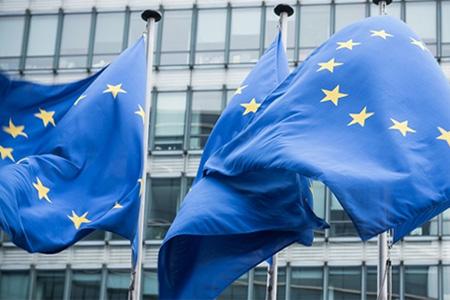
On 11 June, Montenegro held parliamentary elections, which were free and calm, as observed by local and international observers accredited by the State Electoral Commission. The EU looks forward to the constitution of a new parliament and the formation of a new government, which will be able and committed to take forward EU-related reforms, in the shortest possible timeframe.
We encourage Montenegro's political stakeholders to focus swiftly on building consensus on the priority actions required to advance Montenegro on its EU path, most notably in the area of Rule of Law. The EU greatly values Montenegro's commitment to the path towards EU membership, and is ready to intensify its support to progress, which is the wish of an overwhelming majority of Montenegro's citizens.
The joint election observation mission from OSCE/ODIHR, the European Parliament, and the Parliamentary Assembly of the Council of Europe characterised the elections as competitive and well-run, despite having taken place in the context of a protracted institutional and constitutional crisis. The international election observation mission's preliminary conclusions also note that the elections were efficiently managed by the election administration, and that the campaign was free and voters were offered a wide choice – while noting the polarised media environment.
The OSCE/ODIHR mission has again highlighted that the legal framework should be comprehensively revised to address a number of gaps and inconsistencies. Furthermore, the mission's preliminary conclusions note that the inclusion of women in Montenegro's political process still remains low and is undermined by insufficient state and public efforts to overcome gender stereotypes and most political parties' failure to promote the participation of women.
Details
- Publication date
- 14 June 2023
- Author
- Directorate-General for Neighbourhood and Enlargement Negotiations
